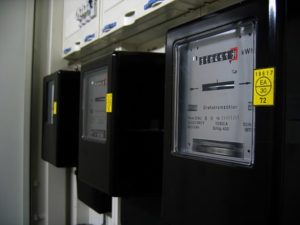 In our digitally dependent world, it’s no surprise that we want our homes to be as technologically advanced as possible. Rather than making manual adjustments, we opt for smart thermostats and automatic window treatments. We want to ask Siri or Alexa for instructions, rather than look for the information ourselves. We even want to ensure our home’s security through smarter means. And now, we’re embracing the idea of smart energy meters to read our energy usage without any human effort by switching to smart meters.
In our digitally dependent world, it’s no surprise that we want our homes to be as technologically advanced as possible. Rather than making manual adjustments, we opt for smart thermostats and automatic window treatments. We want to ask Siri or Alexa for instructions, rather than look for the information ourselves. We even want to ensure our home’s security through smarter means. And now, we’re embracing the idea of smart energy meters to read our energy usage without any human effort by switching to smart meters.
Energy meters are designed to report usage of utilities like electricity. Traditionally, these meters would need to be checked or estimated once per month by the utility provider. In order to ensure accuracy, utility companies would also need to start testing energy meters and continue to do so intermittently. While meter testing can ensure that a meter is reporting energy usage accurately, customers may not realize something is amiss until after they receive an energy bill (or several) that indicates higher-than-normal usage. Testing energy meters and manually retrieving the energy usage report requires action by the utility. In an age of growing automation, it’s not always practical to continue with tradition.
Enter: Smart Meters
While analog meters will provide numbers for monthly energy usage, there’s a high-tech solution that can provide energy usage updates in real time. Smart meters, which were predicted to replace traditional meters in roughly one-third of all U.S. homes by 2015, are becoming the new standard for energy usage reporting. Instead of requiring monthly energy readings, smart meters automatically monitor and calculate energy usage within a given home and provide that data on a consistent basis to the utility provider. Not only does this allow for greater accuracy of pricing for the consumer and for the utility, but this real-time monitoring can also provide the utility with the information it needs to prevent potential power outages. While customers may end up paying a bit more in the short-term for this increased accuracy and the costs of installation, they’ll also gain increased knowledge pertaining to their energy usage habits. As a result, they’ll be able to make adjustments in order to save money and help the environment.
But Are Smart Meters Always the Solution?
That said, smart meters are not perfect. Some customers have reported that their smart meters are not nearly as accurate as they’re supposed to be. One study in the Netherlands found that some smart readers provided readings up to six times higher than the amount of energy actually consumed by households when they were connected to energy saving lightbulbs. While this isn’t reportedly the norm, it’s possible that the installation of smart meters could really throw customers for a loop — and potentially make them think twice about their choice of energy provider. If a customer is shown to use 1,000 watt-hours (equal to 1 kilowatt-hour or kWh) more than they really did, they might not notice right away. But if their kWh usage and subsequent charges increase drastically in a short amount of time, the utility company could suffer as a result.
What’s more, it’s clear that these smart meters still need to be monitored and maintained for accuracy. While monthly readings may not be necessary, testing energy meters still will be. To test meters like these, the process may be different from the one used for analog meters. However, utilities will still need to invest in equipment for testing energy meters to make certain that these smart devices will remain the most efficient way of reporting energy usage.
Whether your company is sticking with traditional energy meters or you’ll be adopting newer technology in the future, we’re here to ensure that your meter accuracy is a given. For more information on switching to smart meters, please contact us today.

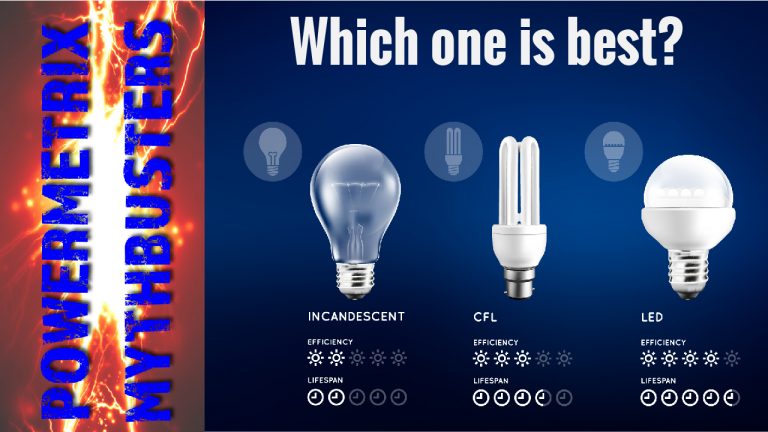
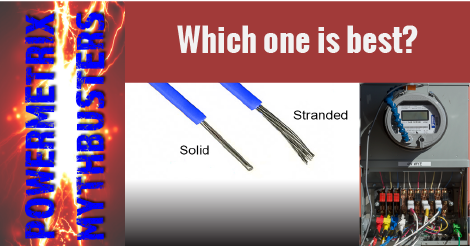
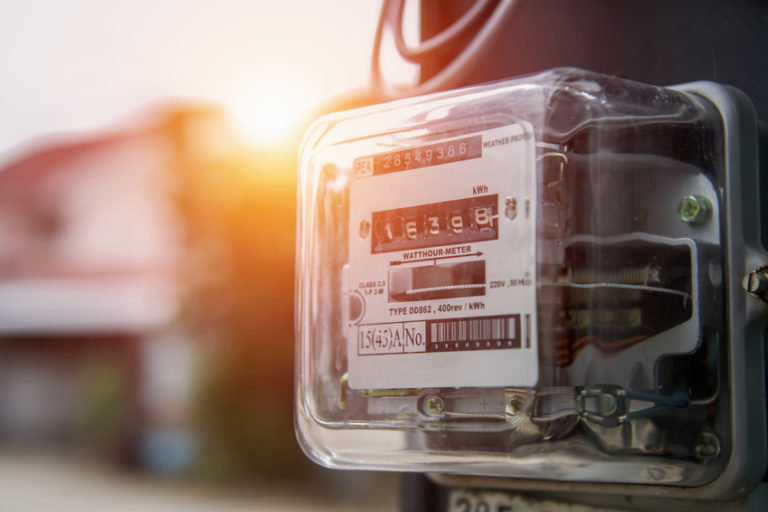
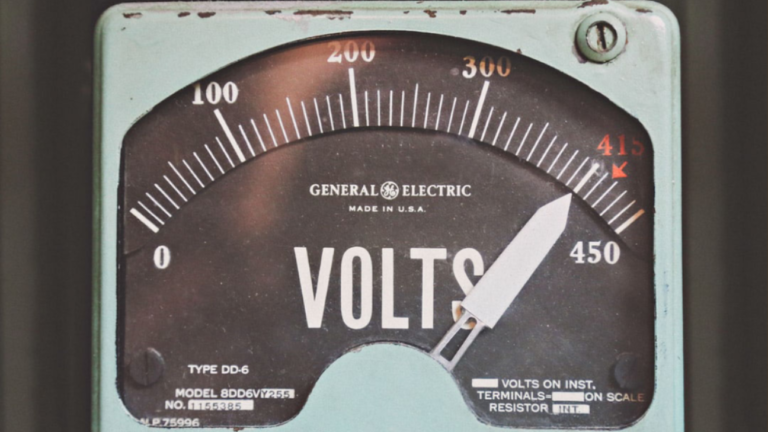
Thanks for sharing such a nice content
smart electricity meters are used to monitor electrical usage correctly. Favorable government policies and adoption of smart grid technology are major growth factors of the smart electricity meter market.